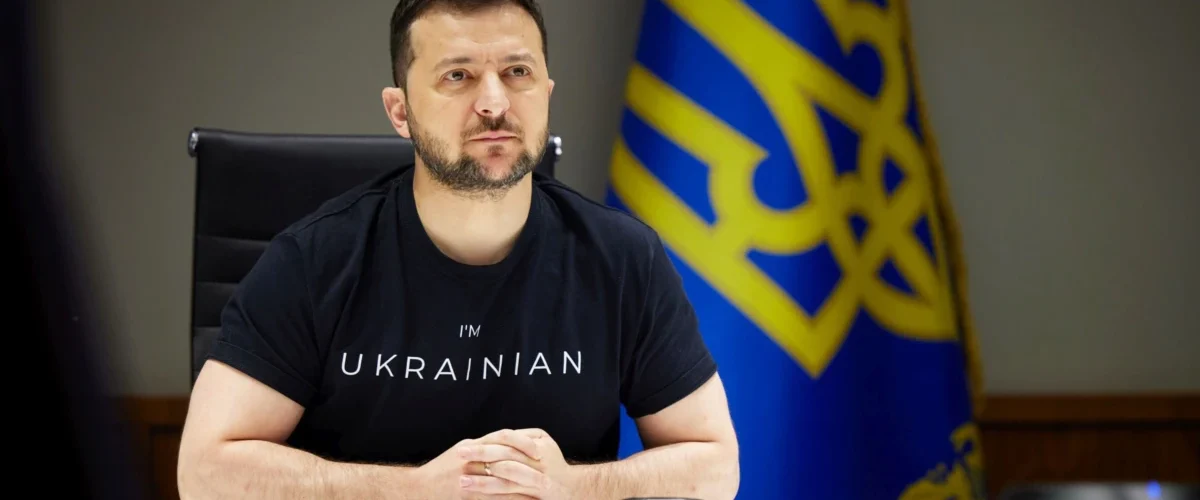Russian forces are now in control of most of Syevyerodonetsk despite fierce resistance by Ukrainian forces who are suffering painful losses in the weeks-long battle for the key eastern city as Western countries prepare to announce further deliveries of arms and munitions amid repeated and impassioned appeals from Kyiv.
Russia told Ukrainian forces who were holed up in the Azot chemical plant in Syevyerodonetsk to lay down their arms on June 15, pledging to ensure a humanitarian corridor for the civilians who are also taking shelter in the plant, but Ukraine so far has not responded to Moscow’s offer.
Live Briefing: Russia’s Invasion Of Ukraine
RFE/RL’s Live Briefing gives you all of the major developments on Russia’s invasion, how Kyiv is fighting back, the plight of civilians, and Western reaction. For all of RFE/RL’s coverage of the war, click here.
British military intelligence said in its daily bulletin on June 15 that several hundred civilians are currently in underground bunkers at the Azot chemical plant together with Ukrainian fighters.
The bulletin issued by Britain’s Defense Ministry said that it was “highly unlikely” Moscow had anticipated such stubborn opposition from the Ukrainians during its original planning for the invasion.
It added that in the face of the determined Ukrainian response, Russia has resorted to urban-warfare tactics that rely on the heavy use of artillery, causing extensive collateral damage throughout the city.
President Volodymyr Zelenskiy said on June 14 in a late-night address that Ukraine needs modern anti-missile weapons now, adding there could be no justification for partner countries to delay delivery.
“We keep telling our partners that Ukraine needs modern anti-missile weapons,” Zelenskiy said. “Our country does not have them yet at a sufficient level, but it is in Ukraine and right now that there is the greatest need for such weapons. Procrastination in providing them cannot be justified.”
The region has been the scene of a weeks-long battle in the Donbas region and the “losses, unfortunately, are painful,” he said.
The head of Russia’s National Defense Management Center, general Mikhail Mizintsev, promised a humanitarian corridor would be opened to evacuate civilians from the Azot plant from 8 a.m. Moscow time on June 15. Mizintsev said evacuees would be taken to the town of Svatovo, 60 kilometers to the north in territory under the control of Russian and separatist forces.
Ukraine has not reacted to the proposal by Mizintsev, who is accused by Kyiv of human rights violations while commanding troops during the long siege of Mariupol, Ukraine’s key port on the Sea of Azov that has been taken over by the Russians.
Zelenskiy said Ukraine is also seeing “painful losses” in the Kharkiv region to the east of Kyiv, where Russia is trying to strengthen its position after being pushed back.
Deputy Defense Minister Anna Malyar said earlier that Ukraine has received just 10 percent of the weapons it has requested from the West to help fight the Russian invasion.
“No matter how hard Ukraine tries, no matter how professional our army is, without the help of Western partners we will not be able to win this war,” Malyar said in a televised briefing, saying the West should speed up the delivery of the arms.
Western countries have promised to send sophisticated weapons, including advanced rockets, but deploying them is taking time.
Malyar said there should be “a clear timeframe” for the deliveries “because every day there’s a delay, we’re talking about the lives of Ukrainian soldiers and civilians.”
Dozens of defense ministers from the Ukraine Defense Contact Group are expected to discuss more weapons deliveries to Ukraine on June 15 in Brussels ahead of a two-day meeting of NATO defense ministers that will start later in the day, U.S. defense officials said.
U.S. Secretary of Defense Lloyd Austin is poised to lead the discussions of the group of nearly 50 countries, officials said.
NATO is officially not participating in the talks, to avoid being militarily involved in the conflict between Ukraine and Russia, and as non-aligned countries are also part of the group chaired by the United States.
With the Luhansk region with its key city of Syevyerodonetsk almost completely in Russian hands, a senior NATO official told CNN that the war in Ukraine has reached a critical point.
“I think that you’re about to get to the point where one side or the other will be successful,” said the official.
“Either the Russians will reach Slovyansk and Kramatorsk [in the Donetsk region adjacent to Luhansk] or the Ukrainians will stop them here. And if the Ukrainians are able to hold the line here, in the face of this number of forces, that will matter.”


















